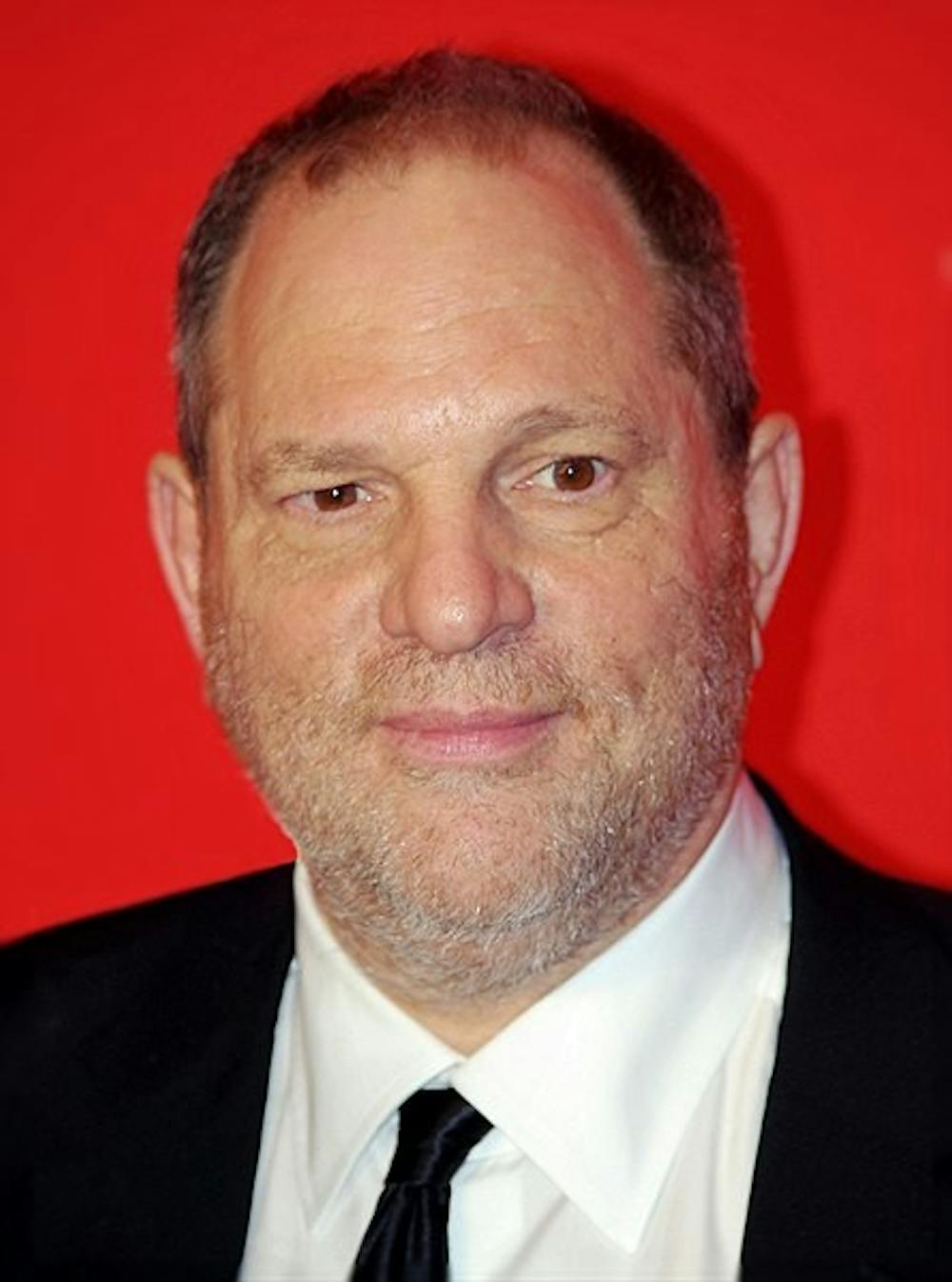Two years ago, I wrote an article reacting to the Me Too movement. My thoughts reflected the disgust I felt at the many figures in Hollywood and the public sphere who got away with sexual assault for so many years.
I was prompted to write the piece after a favorite actor of mine, Danny Masterson, had been accused himself. My article discussed how no one should be able to get away with these types of allegations. Good riddance to him, and to anyone else like him.
Today, in the wake of Harvey Weinstein’s conviction for sexual assault, I’m looking back on that article for the first time since it was published.
The two men aren’t perfect parallels. Weinstein has many more accusers than Masterson. He is a celebrity on a much higher level. As a result, my reactions to them were different then. Now, however, they are the same.
I felt betrayed by Masterson. In an illogical way, it felt personal that he, a moderately-famous celebrity whom I felt alone in admiring, would commit the crimes he did. How could I not lose trust in him?
Weinstein, on the other hand, was someone whom I’d barely heard of before the allegations were spread far and wide.
As the whole world learned from a New York Times exposé in October 2017, Weinstein was accused of committing sexual assault in Hollywood for decades. He quickly issued an apology for “caus[ing] a lot of pain” and took a leave from The Weinstein Company. At the same time, he denied that the rape allegations were true.
Despite these actions, Weinstein was fired from The Weinstein Company. He has spent the last two years in increasingly bad health, arguing that he is innocent. His lawyers plan to appeal the conviction.
Most of the public, it seems, agrees that he is guilty and should be thrown in the dustbin of history. The list of accusers against Weinstein was long. It includes names that all of us recognize. As Sady Doyle writes in an op-ed for NBC News, “He targeted women like Gwyneth Paltrow and Lupita Nyong’o, people the public want to believe.” Hating Weinstein is the easy choice to make.
But what about when it’s not him? What about when the celebrity accused is someone that you actually care about? With those figures, it may become harder to accept the truth. No one wants to believe that Michael Jackson committed pedophilic abuse. Or that Morgan Freeman deserves accusations of inappropriate touching and behavior. Or in my case, that Masterson had committed rape.
With these celebrities, it was difficult for me to reconcile my feeling of disgust with my hope that the accusations weren’t true. With Weinstein, there was no such hoping.
No one cares much about Harvey Weinstein, the person. He helped found one of the most influential film companies of all time, but his face isn’t the one selling the movies.
It’s easy to make a villain out of a man who everyone has turned against. But he’s not the only one who was accused. And unfortunately, some of the more well-liked perpetrators are trying to make a comeback.
Let me be clear: Crimes are not all the same. Sexual misconduct, while never acceptable, should be judged on a different level than sexual assault.
There is also a world of difference between Weinstein, who denies all even after countless women have come forward, and someone who admits that he was wrong and doesn’t attempt to defend himself, like Louis C.K.
But when a crime is as serious as the allegations against Weinstein and so many other men, apologizing (if they are willing to do that) is not enough. It can’t even come close. There is no justification for the actions that he and others took.
Cancel culture can be difficult to justify. It is not always deserved. Watching Good Will Hunting, a movie produced by Weinstein, is not problematic on its own. As long as a difference is drawn between the artist and their art, it is acceptable to enjoy the art. However, it is not acceptable to continue supporting the artist.
You can enjoy the movies and TV shows and moments made in the past. It’s fine to watch a Weinstein movie and appreciate it. It’s fine to wish that Masterson had returned in the final season of The Ranch. It’s fine to enjoy the media that you associate with positive memories. It’s also okay to hope that beloved public figures are actually innocent.
But going forward, remember who they are. Remember what they did. Remember how many others got away with similar actions, for so long. And if the crime is high, don’t accept them until and unless innocence is proven.
Weinstein won’t be making a comeback — he’s done. But there are others who did get away. Don’t let them return. They don’t deserve it.
Ariella Shua is a junior majoring in Writing Seminars from Livingston, N.J. She is the Opinions Editor.





